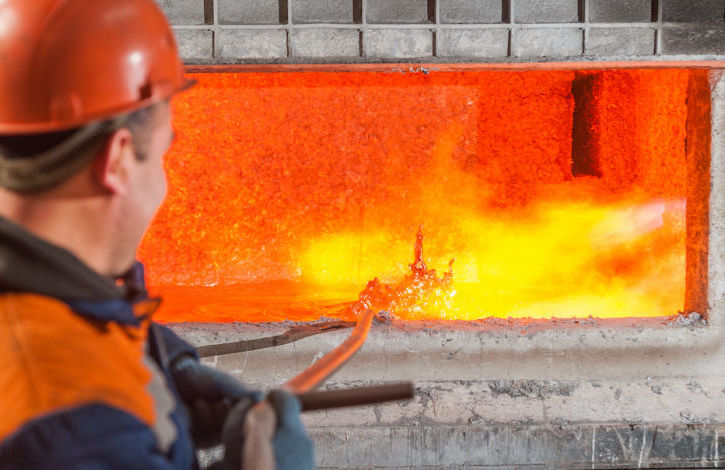
What type of aluminium are coffee capsules and beverage cans made from?
We all know aluminium is recyclable but did you know not all aluminium is made equal?
Many of the items we use and recycle on a daily basis are actually made of an alloy. The alloy has a high-purity rate of aluminium but also contains a variety of other minerals like copper, zinc, manganese, silicon and/or magnesium.
Beverage Can Aluminium
The humble aluminium soda can is made from two different alloys. The base of the can needs to be pliable enough so it can be formed, but strong enough to be pressurized – so it's made mostly from aluminium and 20% manganese to provide additional strength. Its alloy number is commonly #3003 or #3004.
The top of the aluminium soda can is made from a different aluminium alloy (#5182) which is much stronger to safely hold the contents when sealed under pressure. This alloy is commonly described as a "marine grade" aluminium.
Coffee Capsule Aluminium
However, the aluminium coffee capsule is commonly made from the #1100 alloy, which is 99% pure aluminium making it very pliable to shape.
The great news is that all alloys in the 1000-series, 3000-series and 5000-series are compatible with the recycling systems currently in Australia and the majority of first-world countries that have advanced towards using material recycling facilities (MRFs) to sort their waste streams for greater sustainability. The modern MRFs use an amazing eddy current method to separate the recoverable aluminium items – it's quite mesmerizing to watch.
COOL FACT
During the smelting process, the molten metal is tested and mineral elements added to reach the desired alloy for the required batch. Most are made into 3000-series ingots/bars. That's no surprise considering beverage cans account for nearly 90% of aluminium used in packaging. Any aluminium dross (solid impurities) that is scraped off also get processed to remove the residual aluminium, then the remaining dross is recycled into aluminium oxide which is used in paint, dye, concrete, explosives and fertilizer. Nothing is wasted!
This means that regardless of the small number of local councils/municipalities that are unfamiliar with the aluminium recycling process and/or the capabilities of their MRF, you can be confident that your aluminium cans will be effectively recycled and remain in the circular economy.
The limitation of most MRFs is the sizes of what they can process. The majority of MRFs have a minimum collection size of approx. 2.5 inches x 2.5 inches. This means anything smaller than the size of a tennis ball will likely fall through the filters and end up in landfill. Therefore, when coffee capsules are loosely tossed in your recycling bin, they will inevitably end up in exactly the place you don't want – your local landfill!
Kerbside Recycling Is Possible
The benefit of the aluminium coffee capsule being made from the #1100 alloy, is that it's excellent for adding to the smelter pot (because it's 99% pure aluminium). This means it is acceptable to collect them inside the aluminium can, perfect for recycling via your home kerbside recycling bin – now that is convenient!!
So in summary, if you insert empty and cleaned aluminium coffee pods into your aluminium cans, the MRFs will sort correctly (using the eddy current), ready for sending to the smelter. This ensures 100% sustainability for aluminium coffee capsules.
A Convenient Solution
The ability to process capsules at home for recycling via your domestic recycling collection bin, is great news for those caffeine addicts who have been concerned with the excessive plastic, packaging and transport required to recycle the capsules by the current collect & return programs offered by Nespresso® and TerraCycle®. It's a win-win for the environment and nature-loving Nespresso drinkers across the world!
Note: It's important to be a responsible consumer by not inserting anything else other than clean aluminium inside an aluminium can (eg. smoke butts, organic material, oil, etc.) for greater purity rates at the recycling centers and ultimately in the smelter. Do good, be good, feel good.
Filter with tennis ball sized holes at MRF to remove small "contaminants" for landfill.
Items smaller than tennis ball sent to landfill.
Collect crushed & folded capsules in soda can to avoid being filtered out and sent to landfill.